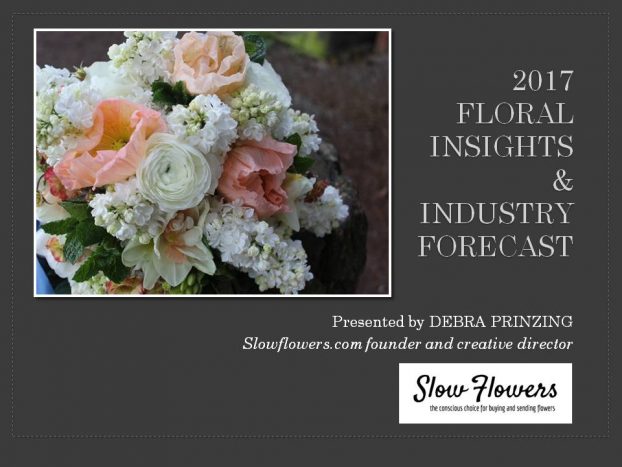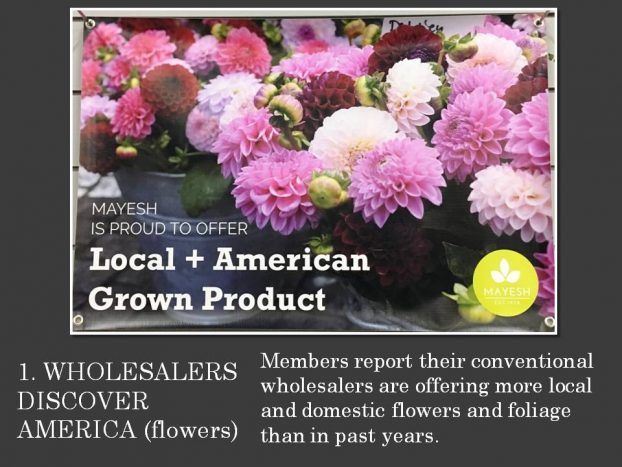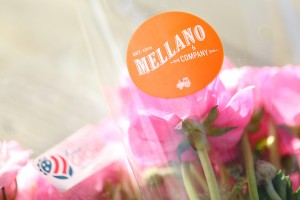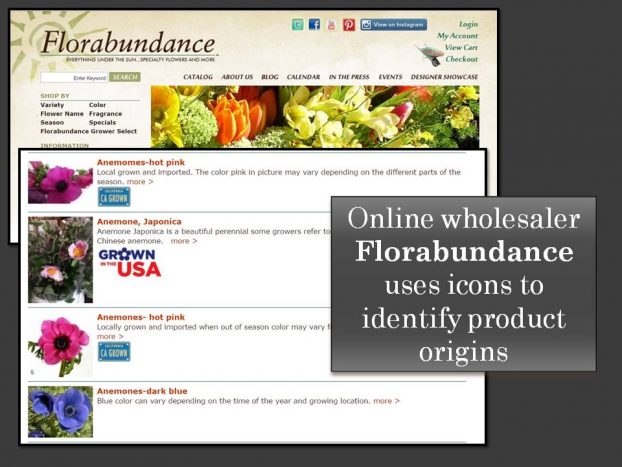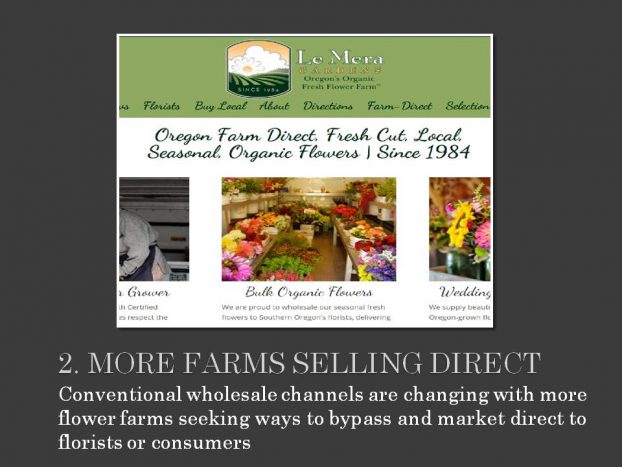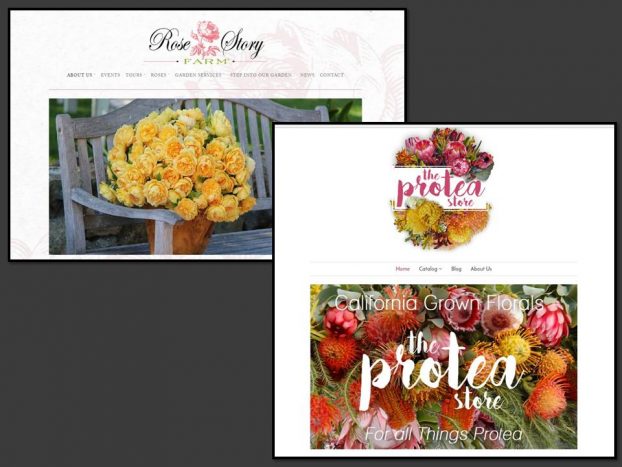Podcast: Play in new window | Download
Subscribe: Apple Podcasts | Podcast Index | RSS | More
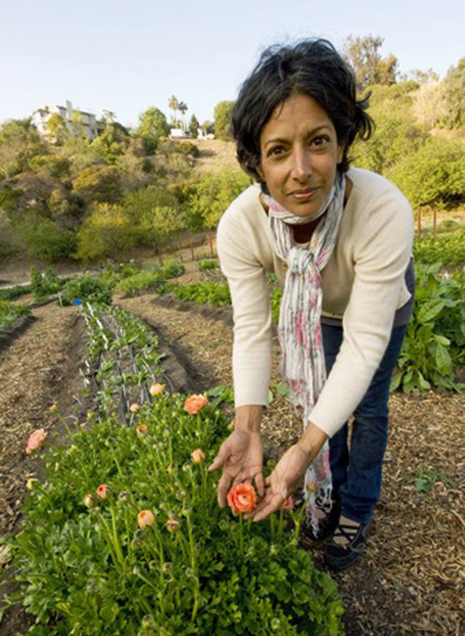
When she owned and operated Silver Lake Farms, Tara Kolla was one of Los Angeles’s pioneering urban flower growers.
She helped change legislation to approve backyard flower farming and was a popular vendor at Hollywood Farmers’ Market.
In 2016, Tara and her husband dramatically reimagined their lives and moved to the La Rochelle region of France. They bought a 18th century stone millhouse and poured just as much love and care into its renovations as Tara had once devoted to growing flowers.
Earlier this month, I visited Mill on the Rock and today, I’m sharing a beautiful conversation to catch up listeners on the next chapter of Tara’s floral story.
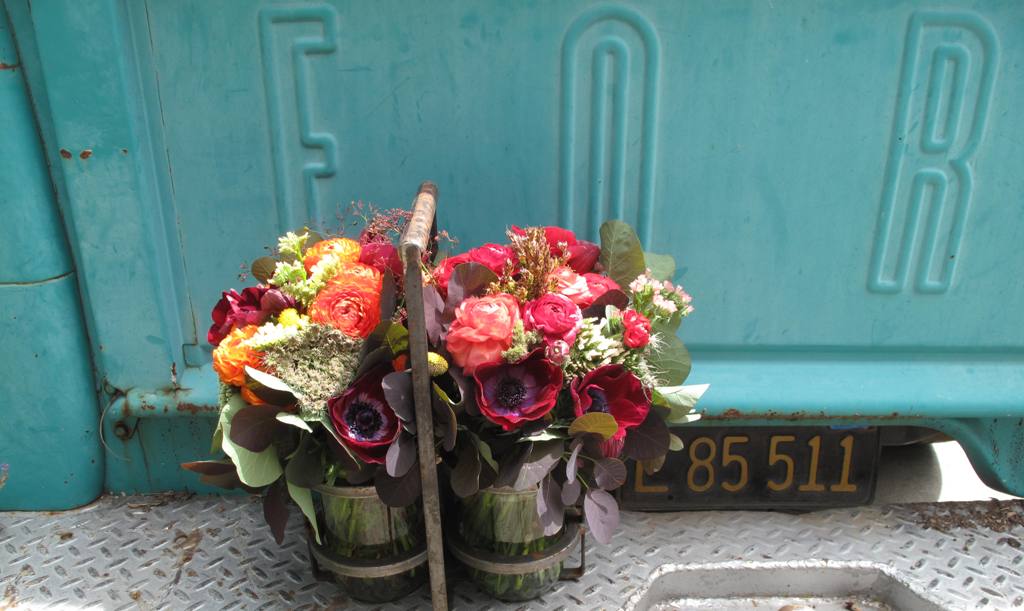
Today’s episode is a very special one as we reconnect with former Los Angeles organic flower farmer Tara Kolla – consider this a new installment of our collection of “where are they now?” follow-up shows!
Fans of the Slow Flowers Movement first met Tara in 2012 in the pages of The 50 Mile Bouquet, the little book that launched so much awareness around local, seasonal, and sustainable flowers. I featured Tara in a chapter called “Flower Patch Politics,” profiling Silver Lake Farms, her urban, organic food and floral enterprise. Hers is an inspiring story of transitioning from a career in PR and Marketing in 2003 to become a farmer growing a diversified mix of flowers, organic greens, and vegetables. Tara’s story not only wowed our readers, but wowed her customers across the City of Angels. She became a passionate advocate who revived a 1940s-era “truck gardening” ordinance that neighbors insisted only permitted residential gardeners to sell the excess food they grew – NOT their flowers.
We captured Tara’s story with photography by David Perry, and I’ll share a PDF of the full chapter as a bonus in today’s show notes for you to download and read. In April 2014, Tara also appeared as a guest on the Slow Flowers Podcast, Episode 314.
By then, I was living in Seattle, so I managed to stay in touch with Tara long-distance. She visited us in Seattle once; I visited her in Los Angeles; IG was just taking off, so of course we followed one another – and then, to my surprise, in 2016, Tara posted that she was moving to France! I was enthralled by her story – seemingly ripped from the pages of Peter Mayle’s bestseller, A Year in Provence, about the renovations of an ancient edifice and a new life built around it.
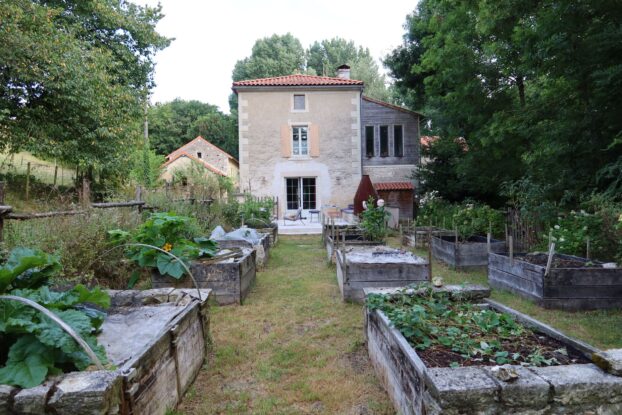
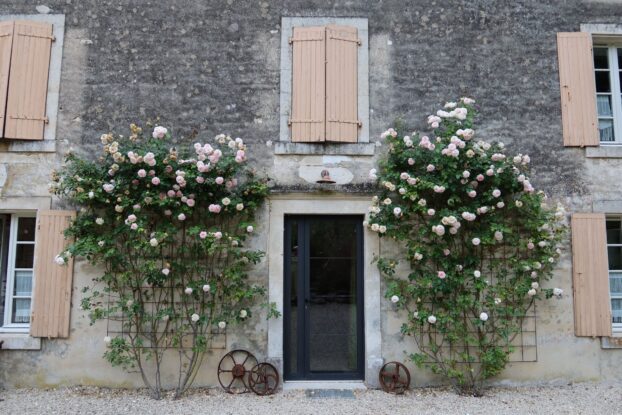
If you followed Tara’s Silver Lake Farms account on IG, you also saw news of her transition to Mill on the Rock. Today, you’re in for a treat because I visited Tara when I was in France earlier this month – and we recorded a laughter-filled episode that continues her amazing tale.
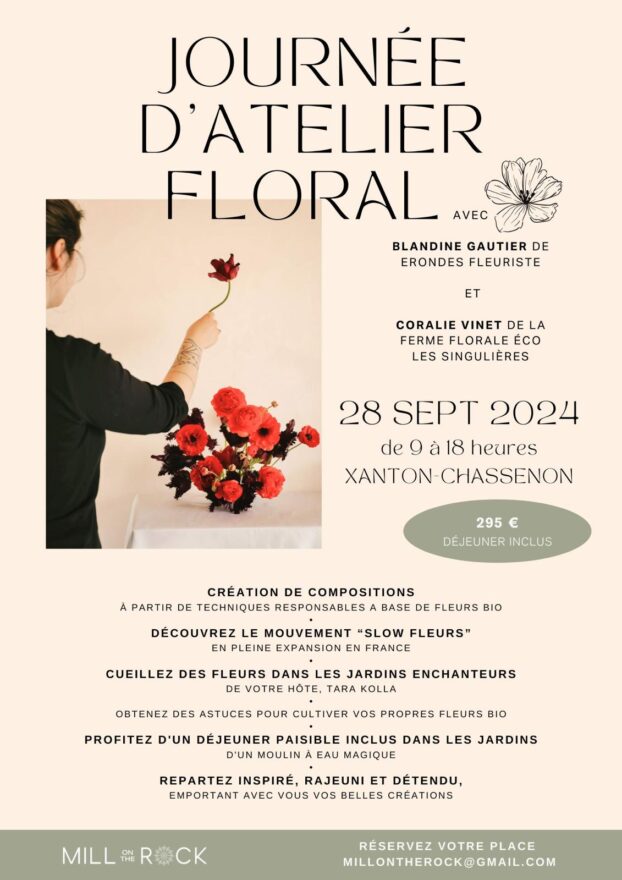
Flowers are (of course) part of the story, and Tara’s upcoming event at Mill on the Rock, a retreat venue in France’s La Rochelle region, is at the heart of it. Learn more about the upcoming Flower Art Workshop, taking place at Mill on the Rock on September 28th.
The session includes lessons in hand-held bouquet-making, wreath creation and vase composition. Lunch and snacks are included, plus tips for growing your own as well as a flower foraging as you are invited to wander through Tara’s garden at Mill on the Rock. If you’re in Europe, it’s just a day’s trip to attend – and I encourage you to check it out!
Stay tuned for next week’s Episode 678 – you’ll want to watch and listen to Slow Flowers Visits France Part Two, and tour Les Singulieres, a French flower farm that Tara took me to. I can’t wait to share it with you!
Thank you to our Sponsors
This show is brought to you by Slowflowers.com, the free, online directory to more than 750 florists, shops, and studios who design with local, seasonal and sustainable flowers and to the farms that grow those blooms. It’s the conscious choice for buying and sending flowers.
Thank you to our lead sponsor, Flowerbulb.eu and their U.S. lily bulb vendors. One of the most recognizable flowers in the world, the lily is a top-selling cut flower, offering long-lasting blooms, year-round availability, and a dazzling petal palette. Flowerbulb.eu has partnered with Slow Flowers to provide beautiful lily inspiration and farming resources to help growers and florists connect their customers with more lilies. Learn more at Flowerbulb.eu.
Thank you to Store It Cold, creators of the revolutionary CoolBot, a popular solution for flower farmers, studio florists and farmer-florists. Save $1000s when you build your own walk-in cooler with the CoolBot and an air conditioner. Don’t have time to build your own? They also have turnkey units available. Learn more at storeitcold.com.
Thank you to Red Twig Farms. Based in New Albany, Ohio, Red Twig Farms is a family-owned farm specializing in peonies, daffodils, tulips and branches, a popular peony-bouquet-by-mail program and their Spread the Hope Campaign where customers purchase 10 tulip stems for essential workers and others in their community. Learn more at redtwigfarms.com.
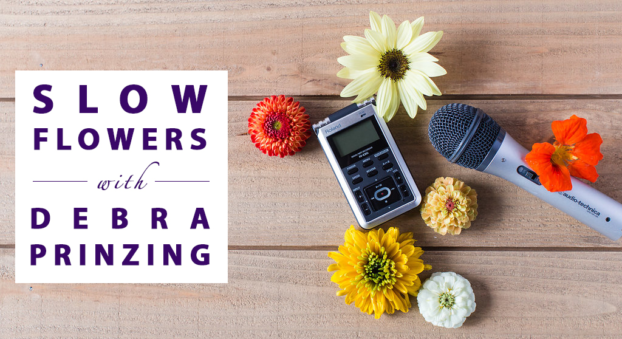
I’m so glad you joined us today! The Slow Flowers Podcast is a member-supported endeavor, downloaded more than one million times by listeners like you. Thank you for listening, commenting and sharing – it means so much. As our movement gains more supporters and more passionate participants who believe in the importance of our domestic cut flower industry, the momentum is contagious. I know you feel it, too. If you’re new to our weekly Show and our long-running Podcast, check out all of our resources at SlowFlowersSociety.com
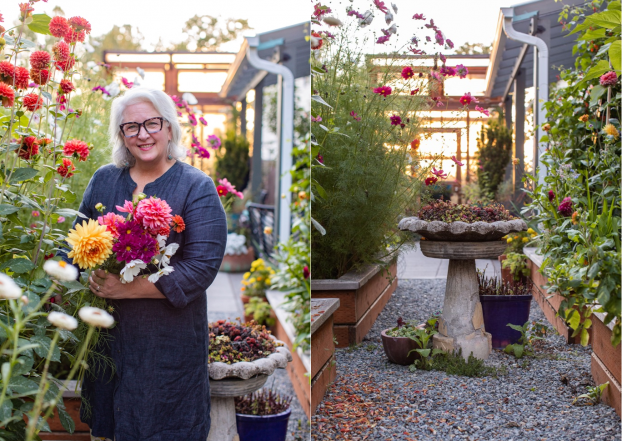
I’m Debra Prinzing, host and producer of the Slow Flowers Show & Podcast. The Slow Flowers Podcast is engineered and edited by Andrew Brenlan. The content and opinions expressed here are either mine alone or those of my guests alone, independent of any podcast sponsor or other person, company or organization. Next week, you’re invited to join me in putting more Slow Flowers on the table, one stem, one vase at a time. Thanks so much for joining us today and I’ll see you next week!
Music Credits:
Drone Pine; Gaena; Le Marais
by Blue Dot Sessions
http://www.sessions.blue
Lovely
by Tryad
http://tryad.bandcamp.com/album/instrumentals
http://creativecommons.org/licenses/by-sa/3.0/
In The Field
audionautix.com










